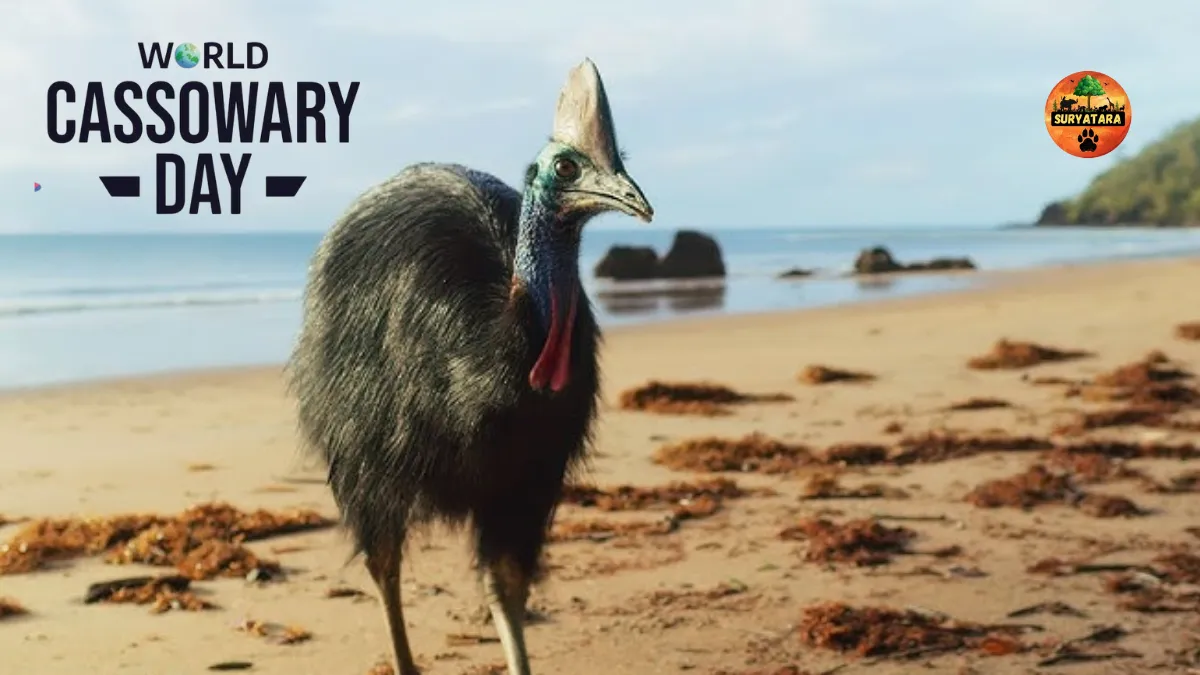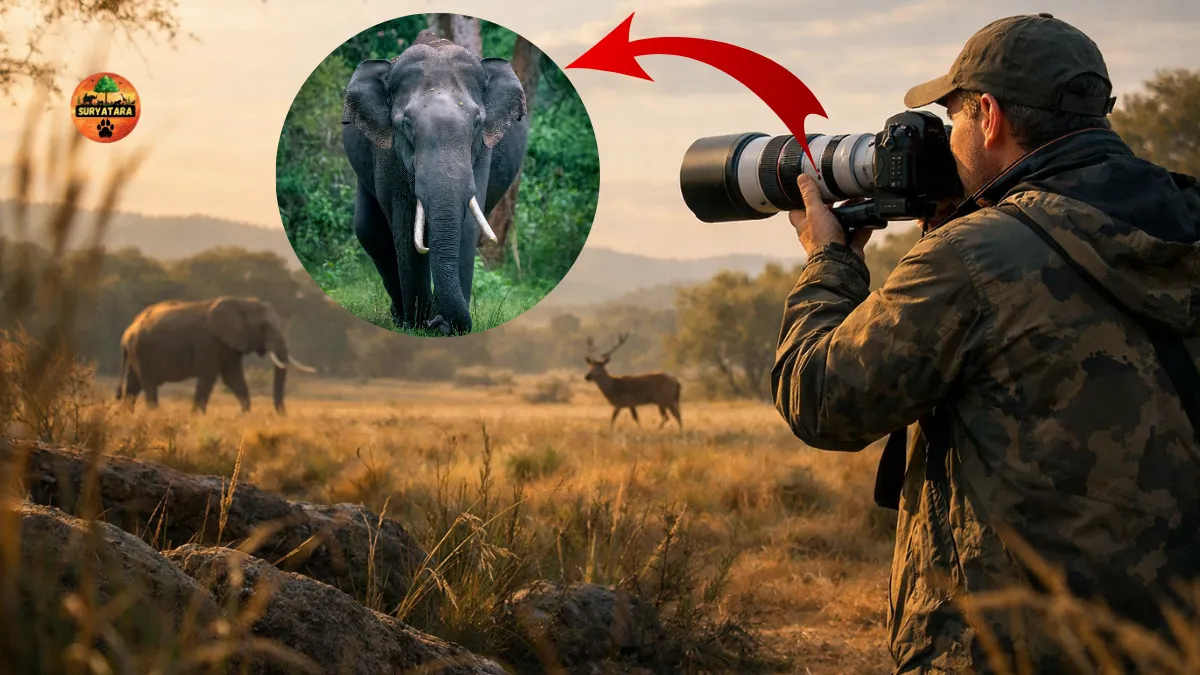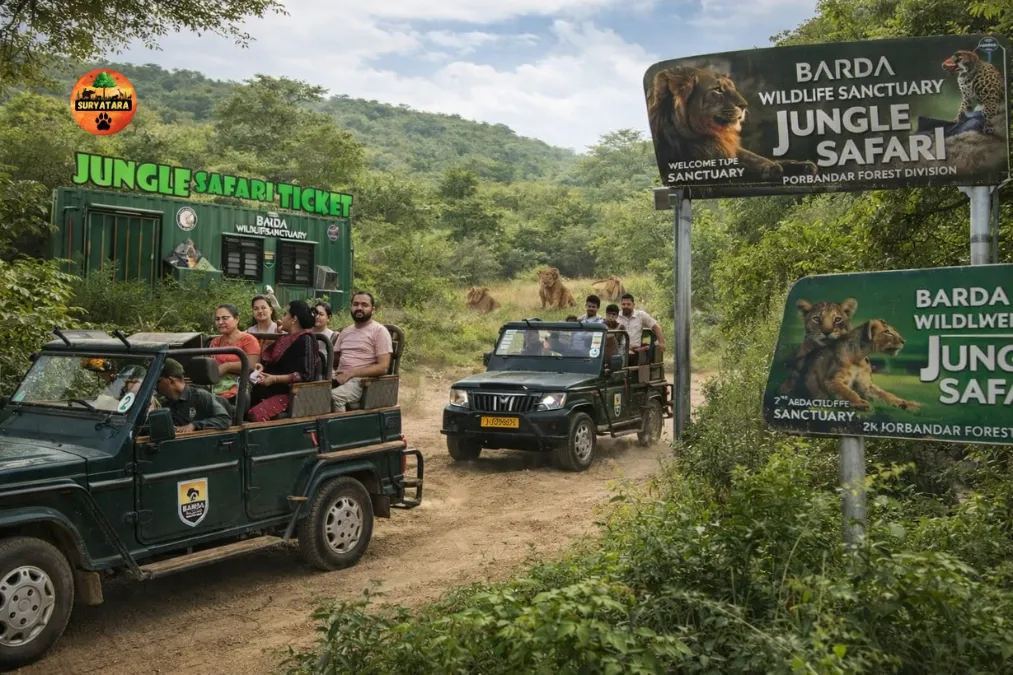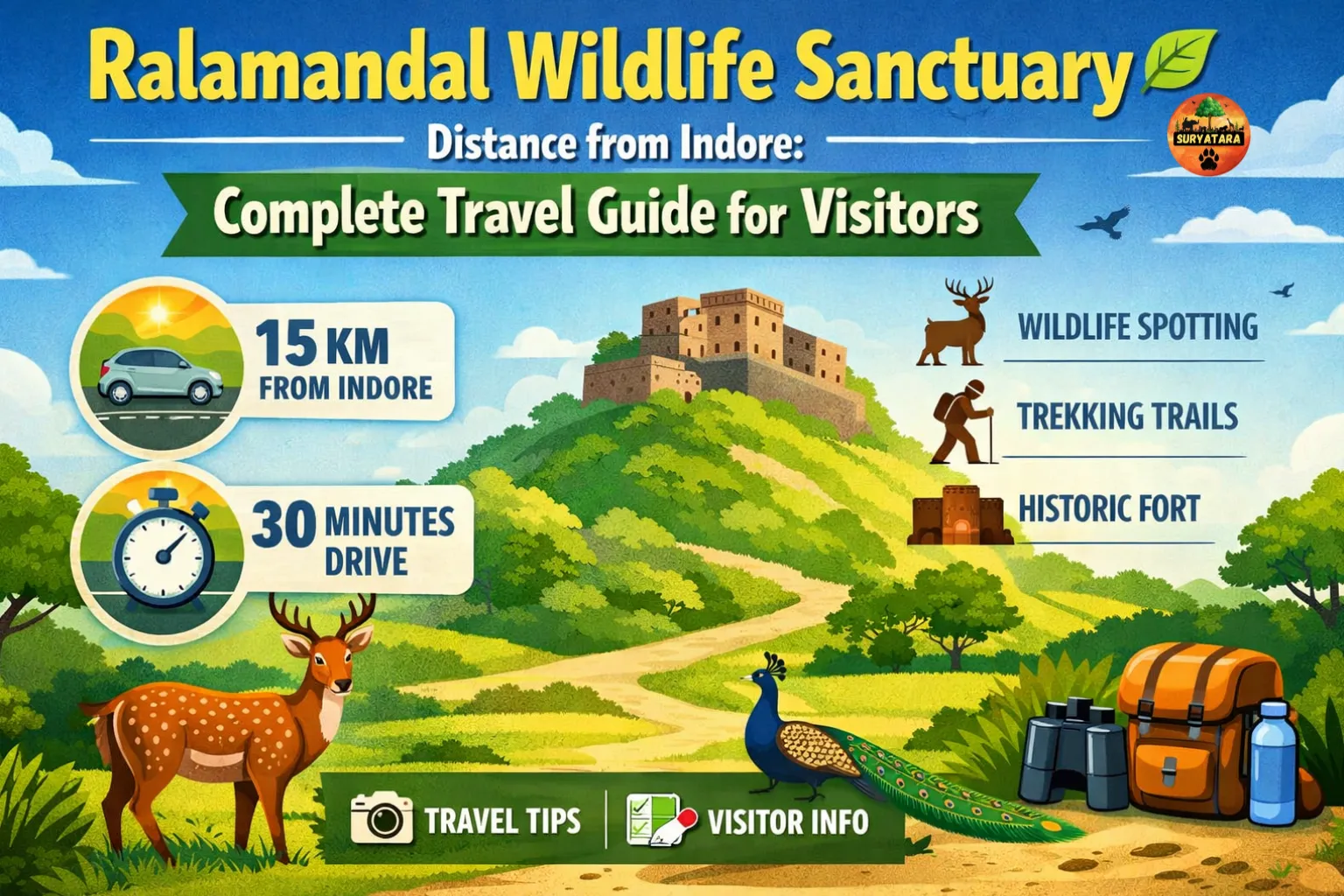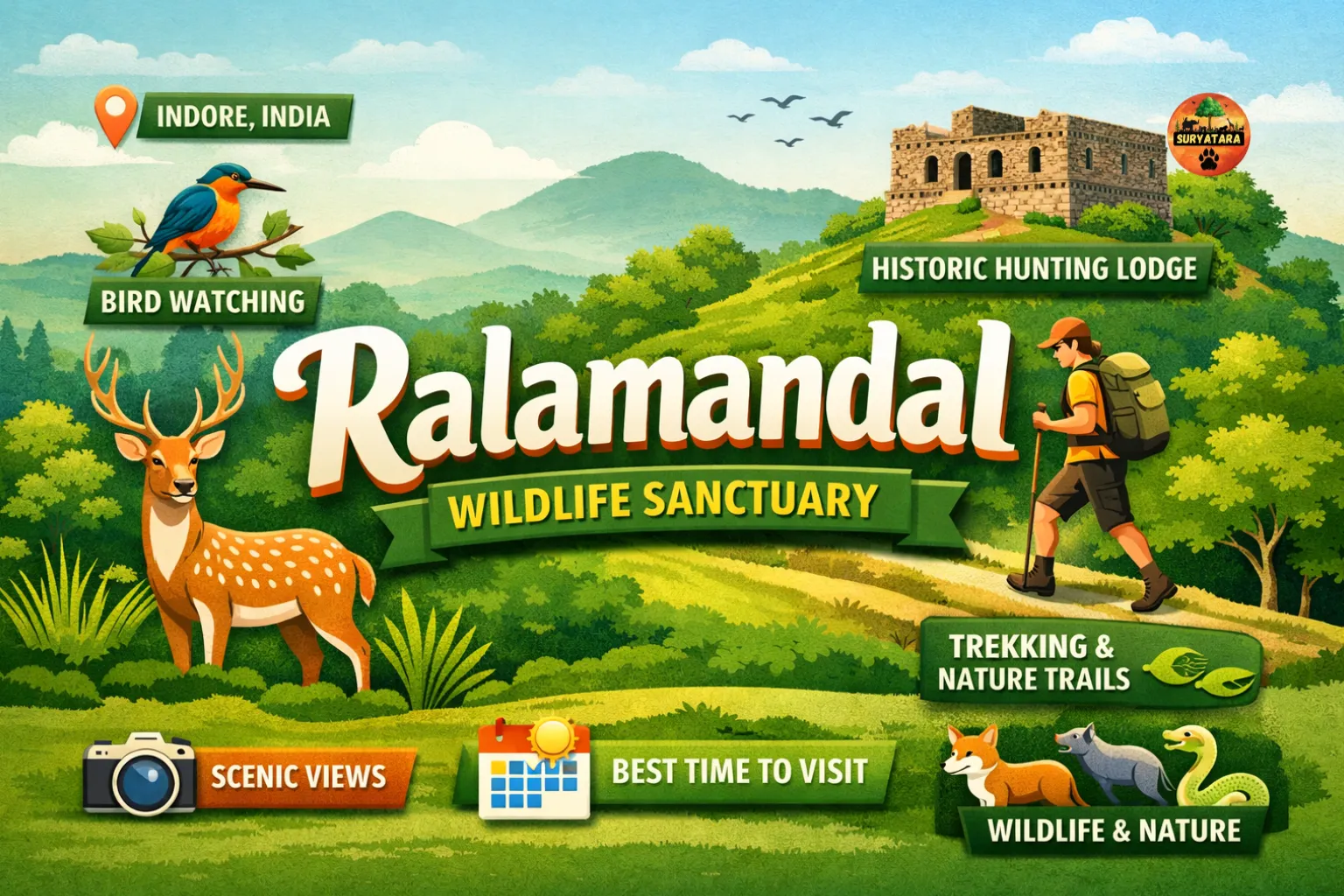World Cassowary Day is observed every year in September to raise awareness about the cassowary, a bird often called the most dangerous in the world. Despite its fearsome reputation, the cassowary plays a vital role in tropical rainforests by spreading seeds and maintaining ecological balance. This day highlights not only the survival of the cassowary but also the conservation of the rainforests it inhabits.
Why World Cassowary Day Is Celebrated
The cassowary is a large, flightless bird native to the tropical rainforests of northern Australia, Papua New Guinea, and nearby islands. With its dagger-like claws and powerful legs, it is often feared. Yet, in reality, cassowaries are shy and solitary creatures that avoid human contact. Their biggest contribution lies in their ability to disperse seeds over long distances, earning them the nickname “gardeners of the rainforest.”
World Cassowary Day is celebrated to:
- Educate people about the importance of cassowaries in ecosystems.
- Highlight the threats they face due to human activities.
- Encourage conservation action at local and global levels.
- Inspire future generations to value biodiversity.
By protecting cassowaries, we are protecting entire rainforests and the biodiversity that depends on them.
Key Facts About Cassowaries
| Aspect | Details |
|---|---|
| Scientific Name | Casuarius |
| Major Species | Southern Cassowary, Northern Cassowary, Dwarf Cassowary |
| Natural Habitat | Tropical rainforests of Australia, Papua New Guinea, nearby islands |
| Average Height | 1.5 – 2 meters |
| Weight | Up to 70 kilograms |
| Ecological Role | Seed disperser, rainforest regenerator |
| Conservation Status | Vulnerable (IUCN Red List) |
| Main Threats | Habitat loss, vehicle collisions, dog attacks, hunting |
| Awareness Day | World Cassowary Day (September) |
Unique Features of Cassowaries
- Dangerous yet essential – Cassowaries are considered dangerous because of their sharp claws and ability to strike with force. However, they rarely attack unless provoked or threatened.
- Rainforest gardener – They consume over 150 species of fruits and disperse seeds far and wide, helping regenerate forests.
- Distinctive casque – A helmet-like structure called a casque sits on their head. Scientists believe it helps with sound amplification and species recognition.
- Solitary lifestyle – Cassowaries usually live alone, coming together only during breeding season.
How World Cassowary Day Is Celebrated
Across the world, especially in cassowary regions, World Cassowary Day is marked with various activities such as:
- Educational programs in schools and colleges to teach children about rainforest conservation.
- Community events and cultural festivals that highlight local traditions and raise awareness.
- Social media campaigns where people share facts, images, and stories using #WorldCassowaryDay.
- Fundraising and conservation projects aimed at protecting habitats and supporting research.
These events spread knowledge about cassowaries and inspire collective action for their survival.
Threats to Cassowaries
Cassowaries face numerous challenges in the modern world:
- Deforestation – Expansion of urban areas and agriculture reduces their natural habitat.
- Road accidents – Many cassowaries die each year after being struck by vehicles.
- Dog attacks – Domestic and wild dogs often harm adult cassowaries and chicks.
- Human interference – Poaching, feeding by humans, and encroachment into habitats put cassowaries at further risk.
Also read: One Step Closer to Reviving the Extinct Dodo Bird
Conservation Efforts
To safeguard cassowaries, conservationists and local communities are working on several strategies:
- Wildlife corridors and road crossings are being built to reduce roadkill incidents.
- Protected rainforest areas are being expanded to ensure safe habitats.
- Education programs teach local people how to live in harmony with cassowaries.
- Rescue and rehabilitation centers care for injured birds and release them back into the wild.
These efforts are crucial to ensuring the long-term survival of the species.
Also read: Wildlife Conservation Success Stories: 8 Species Making Remarkable Comebacks
Why World Cassowary Day Matters to Everyone
The importance of World Cassowary Day goes beyond saving one bird species. Cassowaries are keystone species—without them, many rainforest trees would fail to grow and regenerate. Protecting cassowaries means protecting rainforests, wildlife, and the global environment.
Every individual can make a difference by:
- Supporting conservation organizations.
- Spreading awareness on social platforms.
- Avoiding activities that damage rainforests.
- Encouraging eco-friendly practices in daily life.
Also read: Protection of Marine Biota: Nations Ratify Historic Treaty to Safeguard High Seas
Conclusion
World Cassowary Day reminds us that even the most unusual and feared animals are essential to our planet’s health. The cassowary is more than just a powerful bird; it is the guardian of rainforests and biodiversity. By raising awareness, supporting conservation, and working together, we can ensure that cassowaries and the forests they protect continue to thrive for generations to come.
